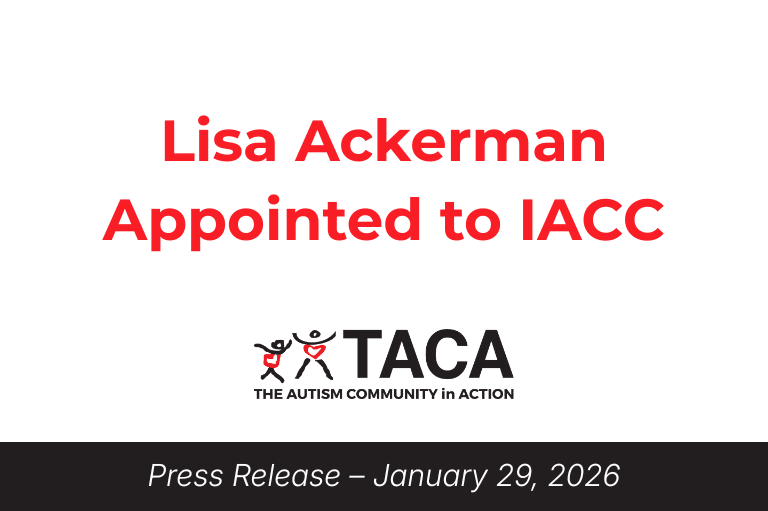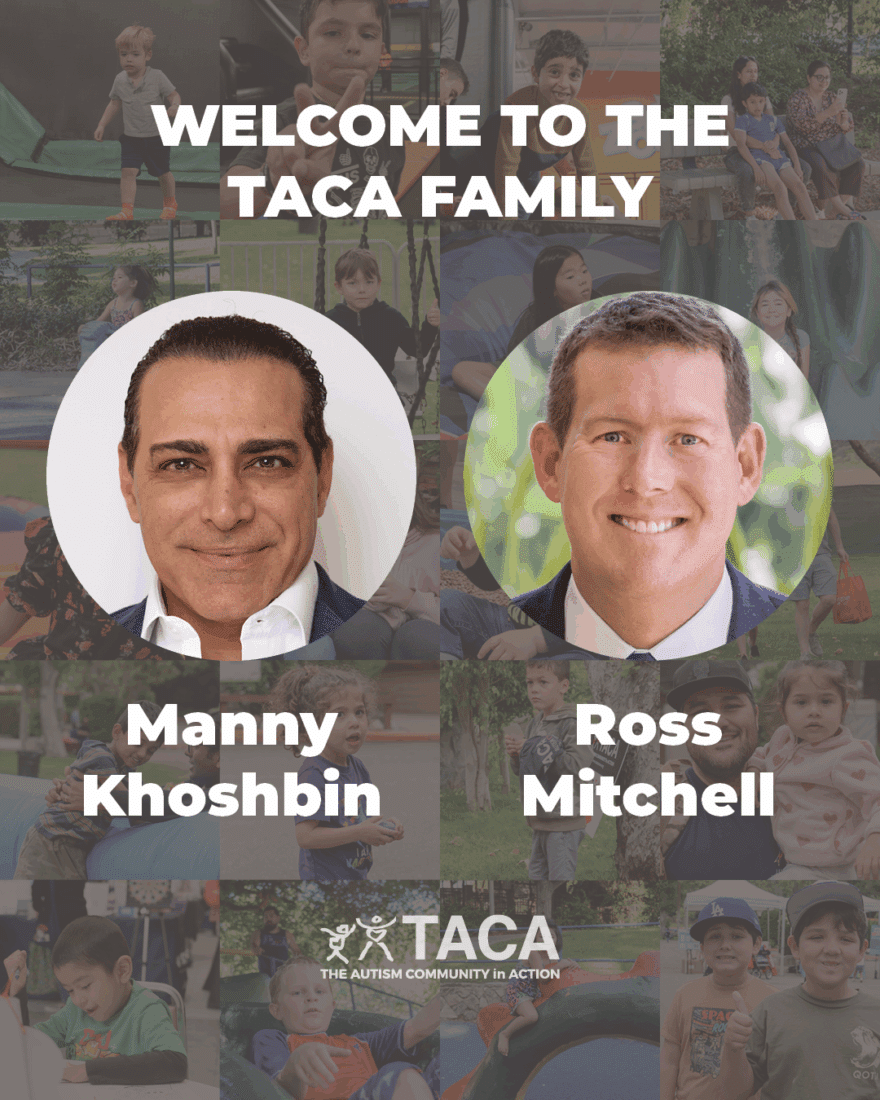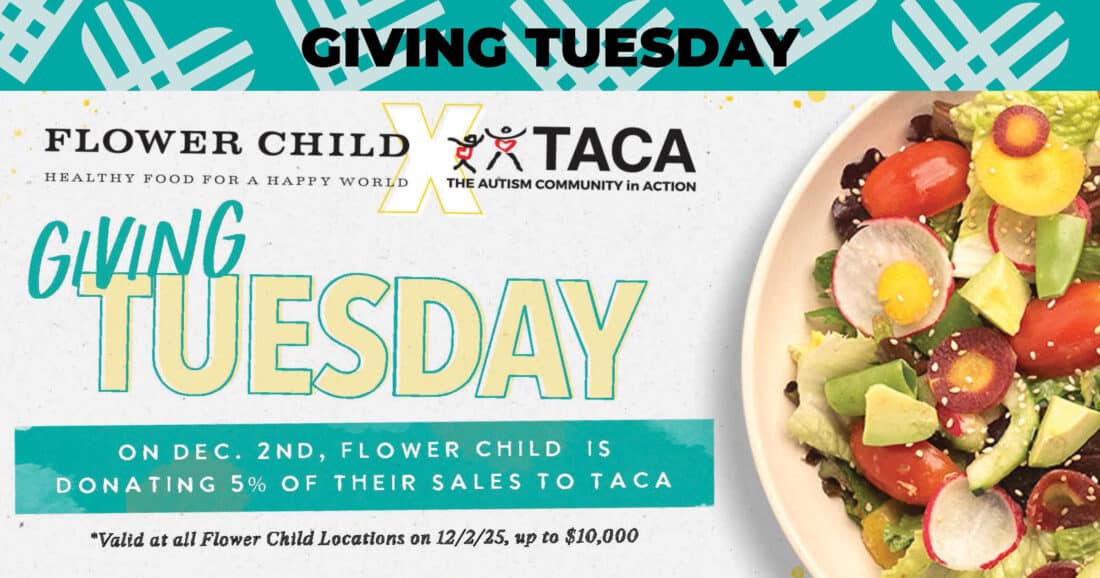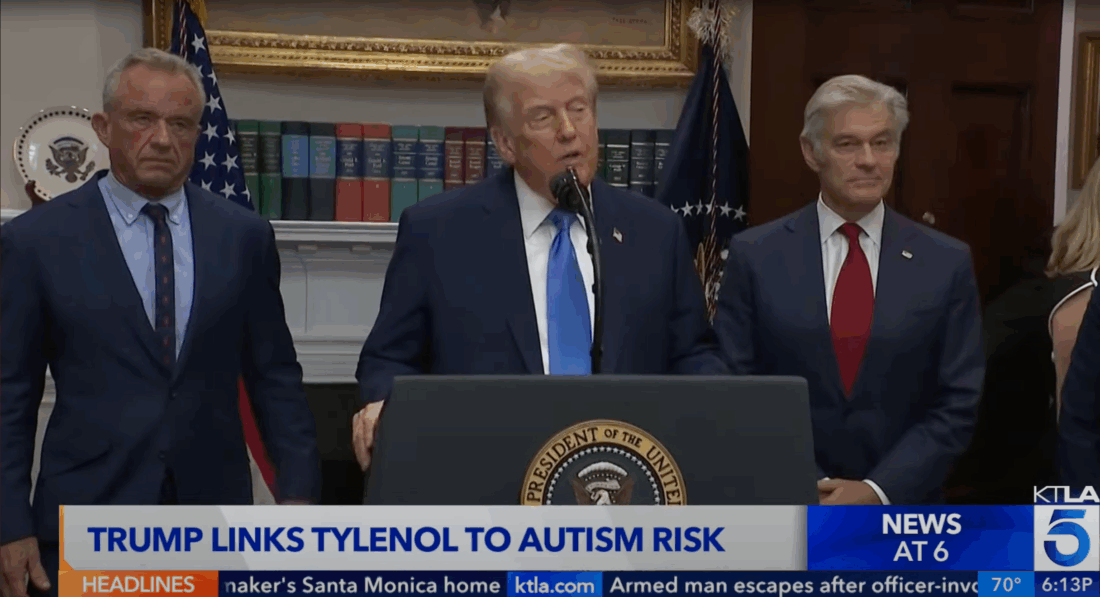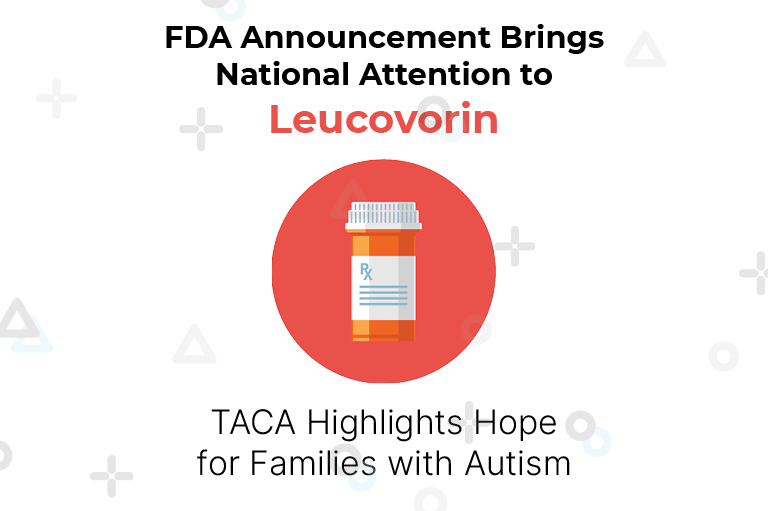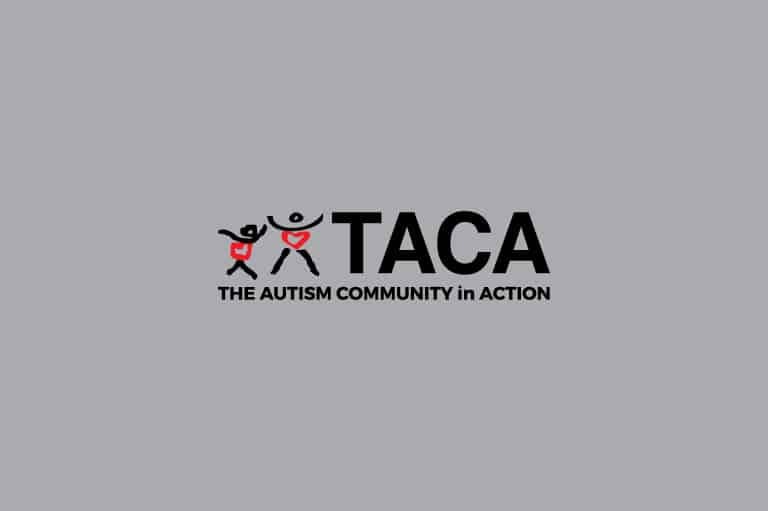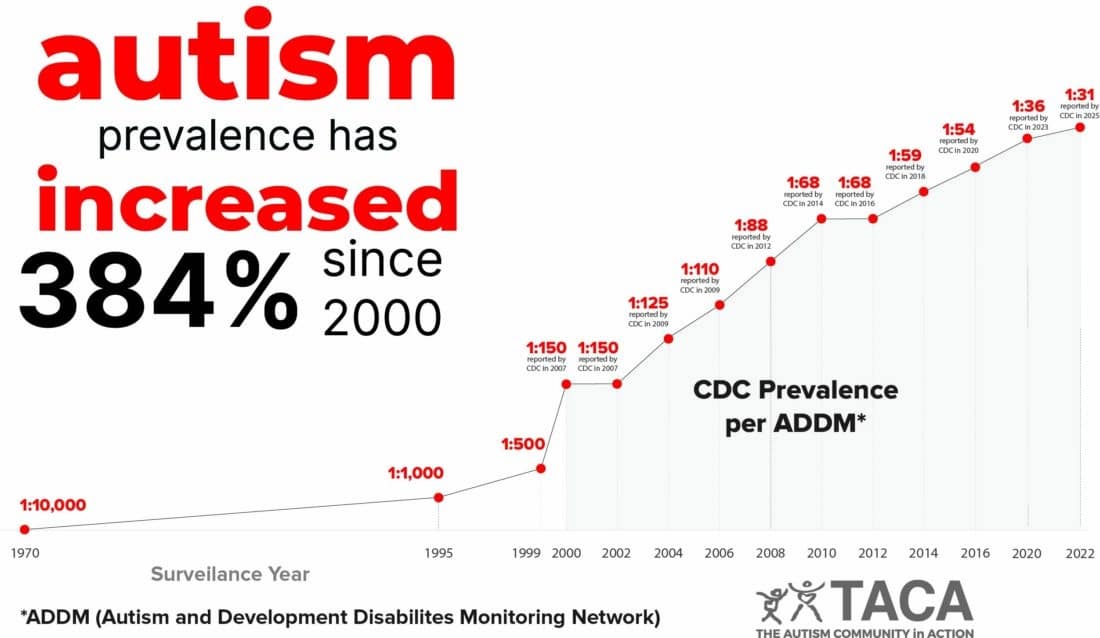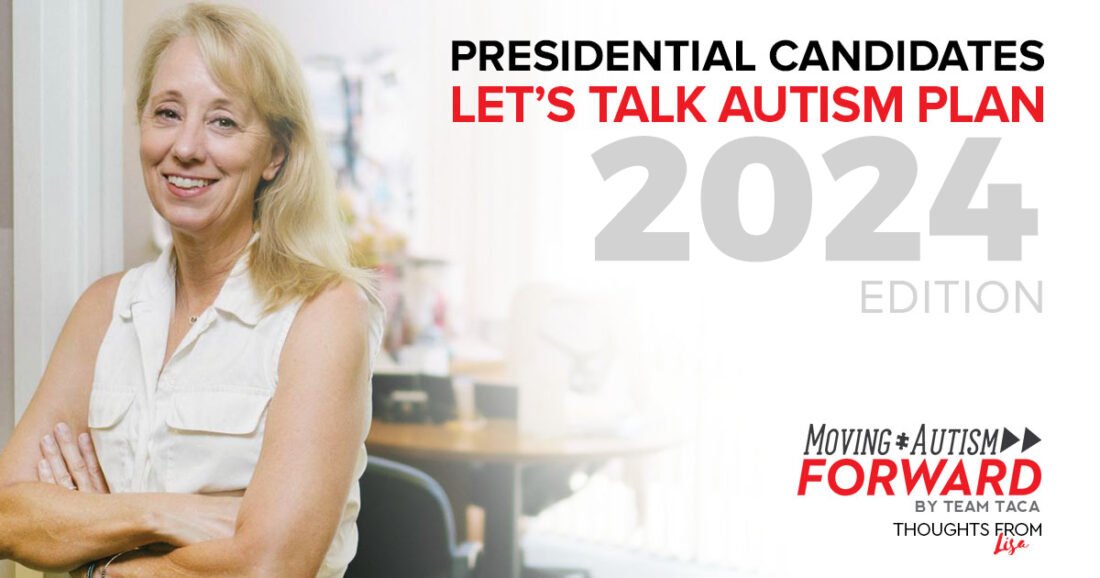UPDATED MAY 2019
US TAX COURT ruled in Feign v. Commissioner that Medicaid Waiver Payments are not necessarily nontaxable. The Court said that Notice 2014-7 does not follow the plain reading of the statute. The Feigns sued because they felt they were denied tax credits since the income was not taxed, so the Court allowed the Feigns to receive Earned Income Tax Credit and Child Tax Credit. The result of this Court Case is that Notice 2014-7 is now optional. IHSS income can be included as taxable income and you can claim credits such as Earned Income Tax Credit, Retirement Savings Credit, Child Tax Credit, etc. IF it is advantageous for you to do so. If you have any questions, please contact a qualified tax practitioner.
UPDATED 3/4/15 – IRS ISSUES NEW Q&A REGARDING NOTICE 2014-7
On February 23, 2015, The IRS issued revised Q&A’s to this important notice. Please follow the link to the IRS website to read all 20 questions and answers. I want to call your attention to a couple important items:
# 2) defines what the ‘provider’s home’ means. It is where the provider resides and regularly performs the routines of the provider’s private life.
# 5) a sister living in the mother’s home may also exclude payments.
# 9) See Update May 2019 (above).
# 10) Additional documentation required for amending 2011-2013.
#12) What to do if FICA and/or Medicare taxes were improperly withheld.
IRS link: http://www.irs.gov/Individuals/Certain-Medicaid-Waiver-Payments-May-Be-Excludable-From-Income
UPDATED 3/24/14 – Qualified Medicaid Waiver Payments Not Subject to Federal Tax in 2014
IRS code section 131 excludes qualified foster care payments from gross income, including those payments made as compensation for difficulty of care under State Medicaid waiver programs. As of January 3, 2014 this exclusion is being expanded to include certain Medicaid Waiver payments to biological parents. This is a significant change from the IRS’s prior position.
The 1992 case Bannon v. Commission and the 2011 case Harper v. Commissioner concluded that a biological parent of a disabled child may not exclude payments under section 131 because the ordinary meaning of “FOSTER CARE” excludes care by a biological parent. And that was also the position of an IRS memo, Program Manager Technical Advice (PMTA 2010-007). Other taxpayers lost because the care was not an official FOSTER home (Alexander v. Commissioner).
Notice 2014-7 (IRB dated 1/27/2014), reverses the IRS’s position cited in PMTA 2010-07. The IRS realizes that Medicaid waiver programs and foster care programs share similar oversight and purposes. Per the Notice:
“The programs share the objective of enabling individuals who otherwise would be institutionalized to live in a family home setting rather than in an institution, and both difficulty of care payments and Medicaid waiver payments compensate for the additional care required.”
Accordingly, as of January 3, 2014, the IRS will treat qualified Medicaid waiver payments as difficulty of care payments excludable from gross income and this treatment will apply whether or not the care provider is related or unrelated to the eligible individual. The IRS will no longer assert the Alexander, Bannon, or Harper cases. Nor will it assert the position taken in PMTA 2010-07.
Notice 2014-07 defines Qualified Medicaid Waiver Payments as payments for nonmedical support services provided under a plan of care to an eligible individual living in the care provider’s home. Difficulty of care payments are further defied as compensation for care required due to a physical, mental or emotional handicap for which the state has determined there is a need for additional compensation.
UPDATE 3/24/14:
The IRS has issued a Q&A regarding Notice 2014-7. They have clarified a number of issues, including the effective date for tax treatment of payments received. I have also personally spoken to Victoria Driscoll of the IRS regarding the issue of payments received prior to January 3, 2014. She confirmed that the intent of the notice is to be retroactive.
Payments under Medicaid Waivers may include IHSS and Respite Care from the Regional Centers. The Q&A describes how each type of payment, whether on a W-2 or a 1099Misc, is excludable from Total Income.
Taxpayers may exclude payments defined in Notice 2014-7 from taxable income in 2013. They may also file amended returns for any return open under IRC section 6511. That code sections means any return filed within the past 3 years. Practically speaking it means if you filed your 2010 return on or by April 15, 2011, you must file your amended return by April 15, 2014. If you extended your 2010 return to October 15, 2011, you have 3 years from the date you mailed or e-filed your return. If you filed on June 10, 2011, you have until June 09, 2014. There are some exceptions to this general rule if you did not pay the tax timely or if the statute has been extended for any reason. If you have questions, contact a qualified tax professional.
The complete notice is available online at http://www.irs.gov/pub/irs-drop/n-14-07.pdf
The complete Q&A is available online at http://www.irs.gov/Individuals/Certain-Medicaid-Waiver-Payments-May-Be-Excludable-From-Income
This article is for educational purposes only, for questions relating to a specific situation please contact a qualified tax professional.


